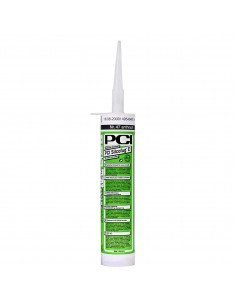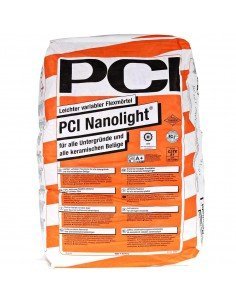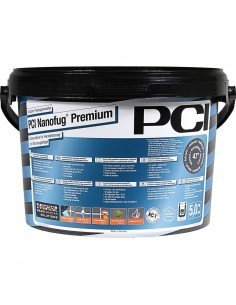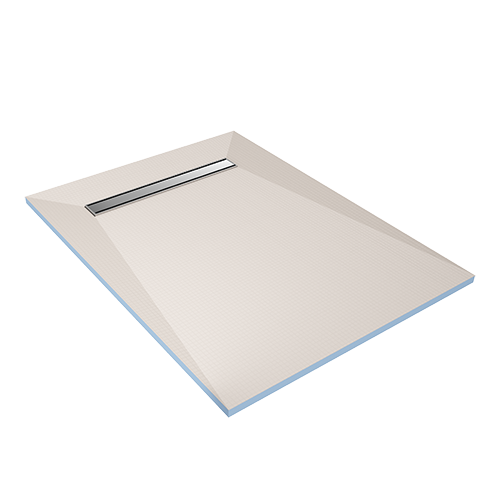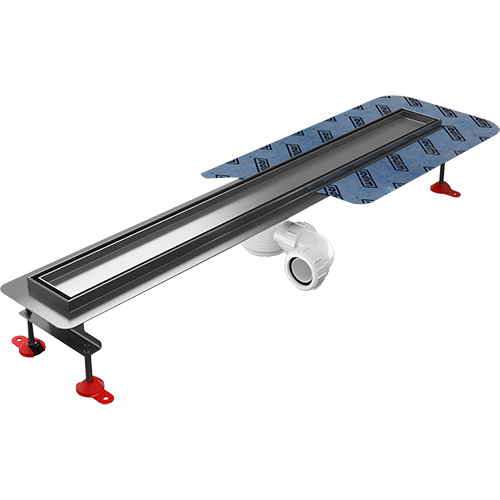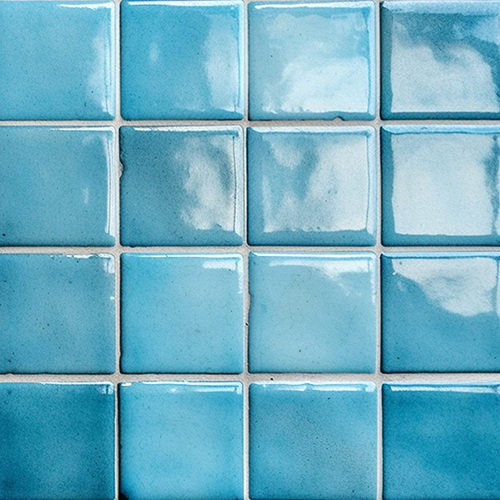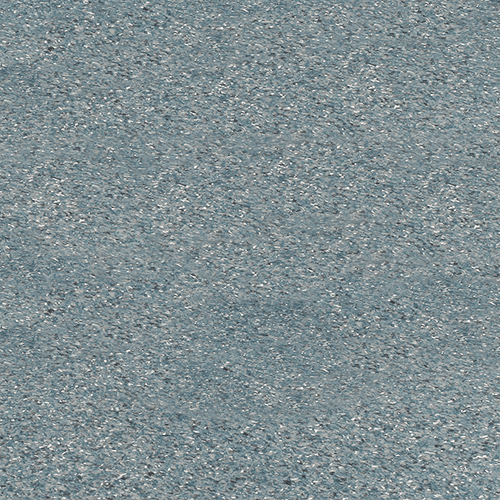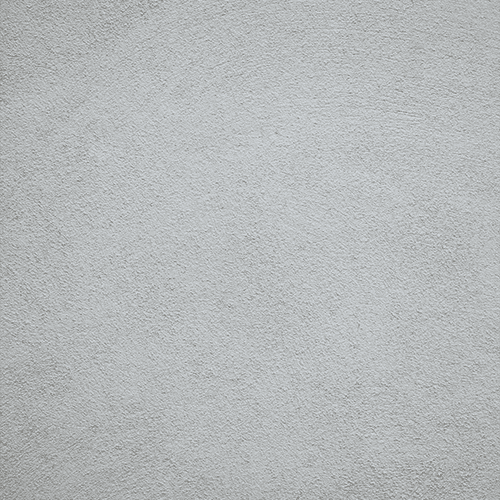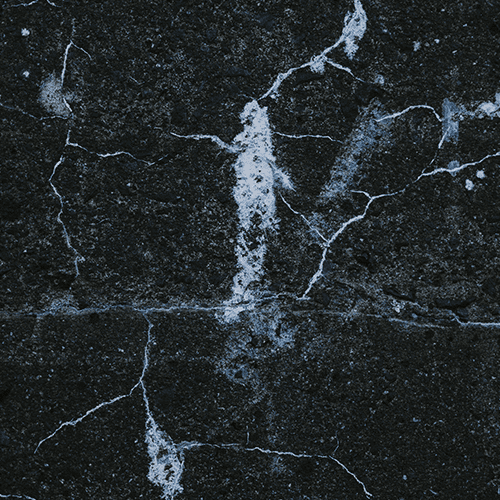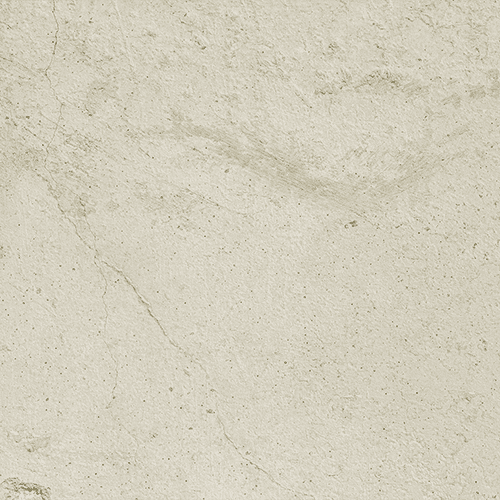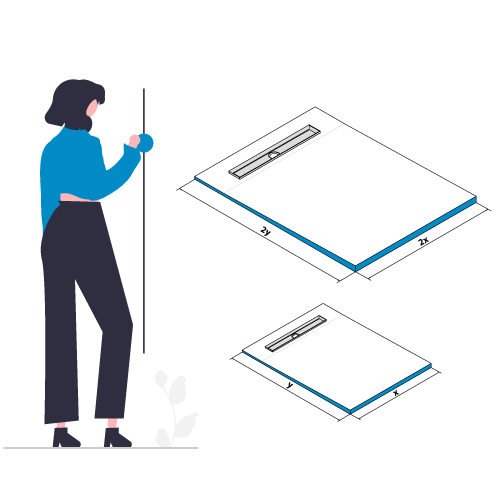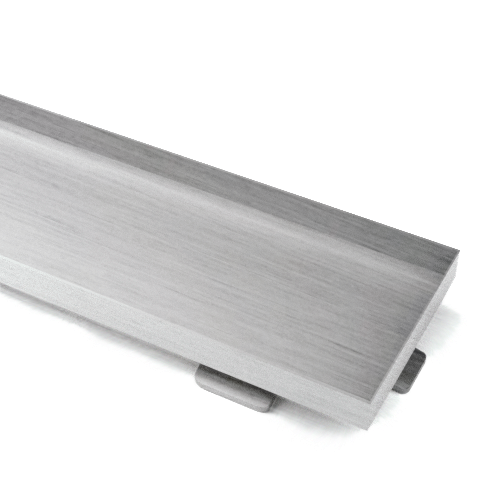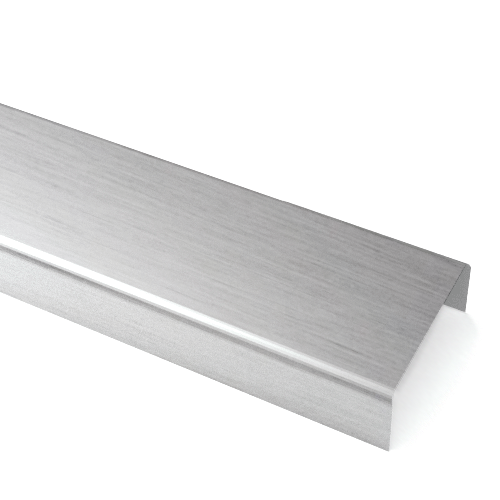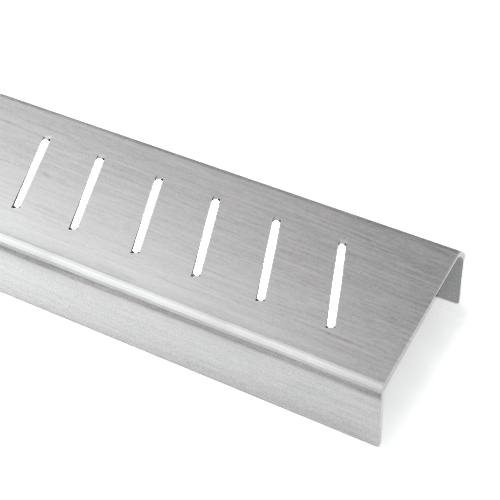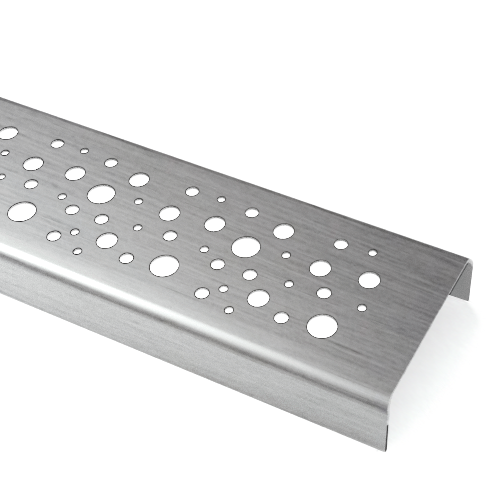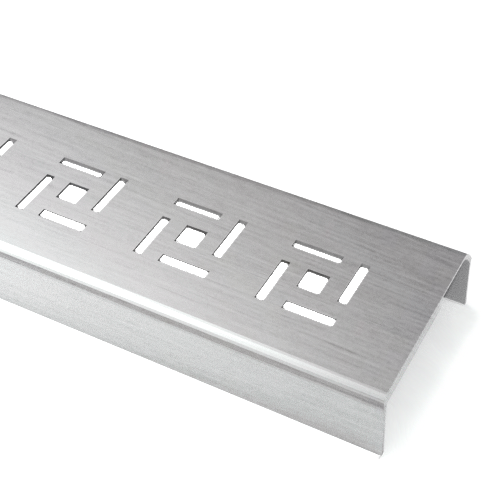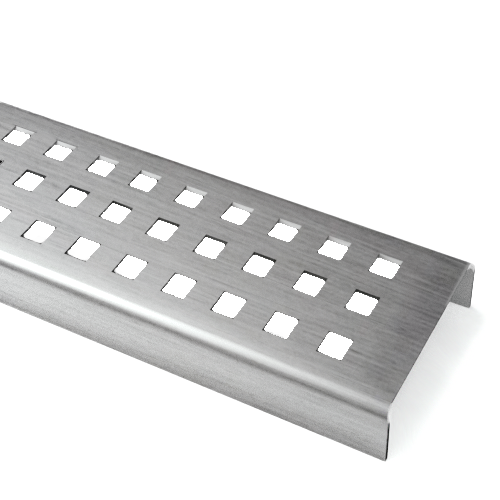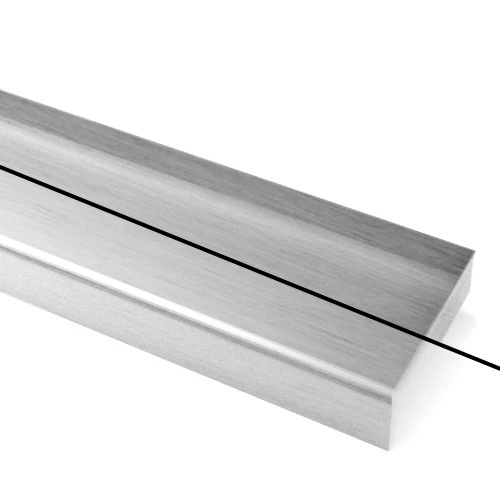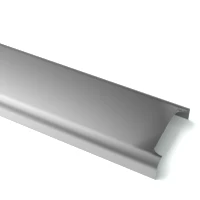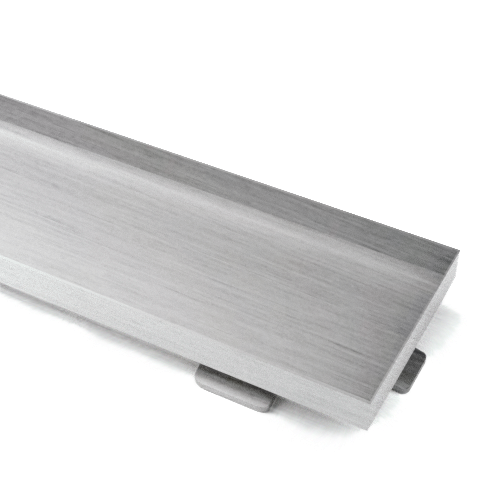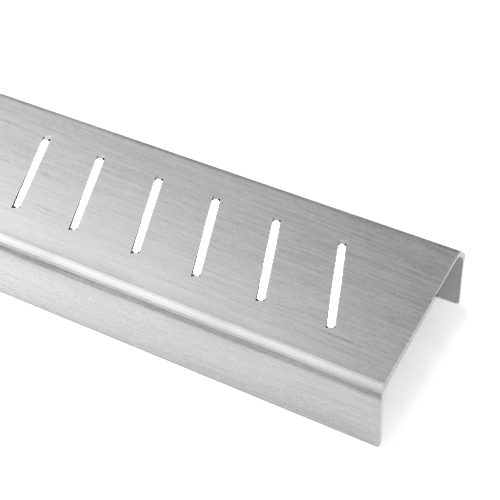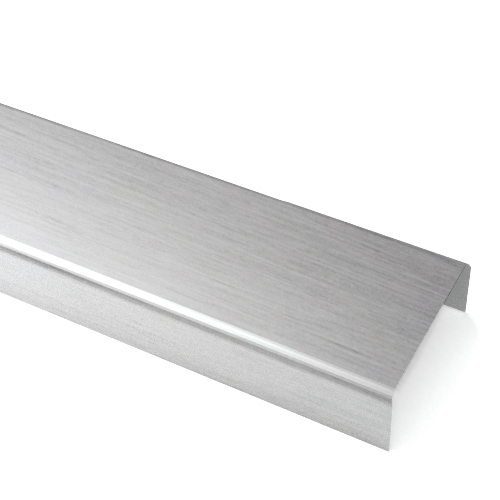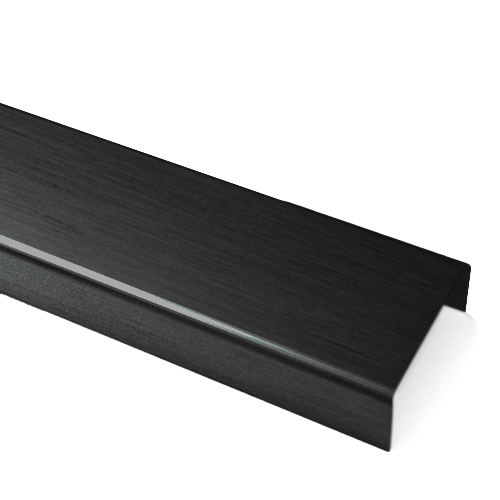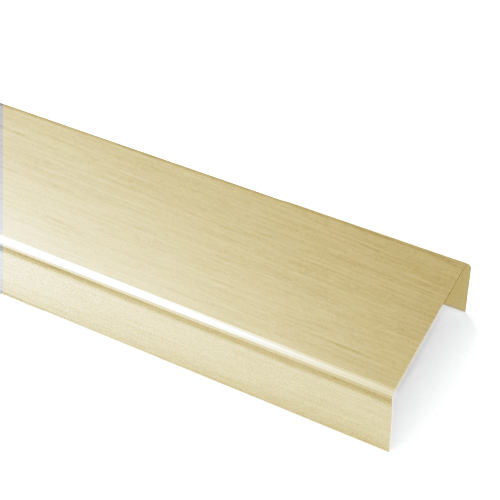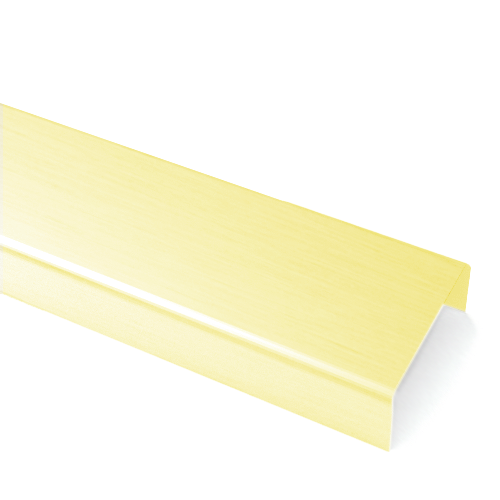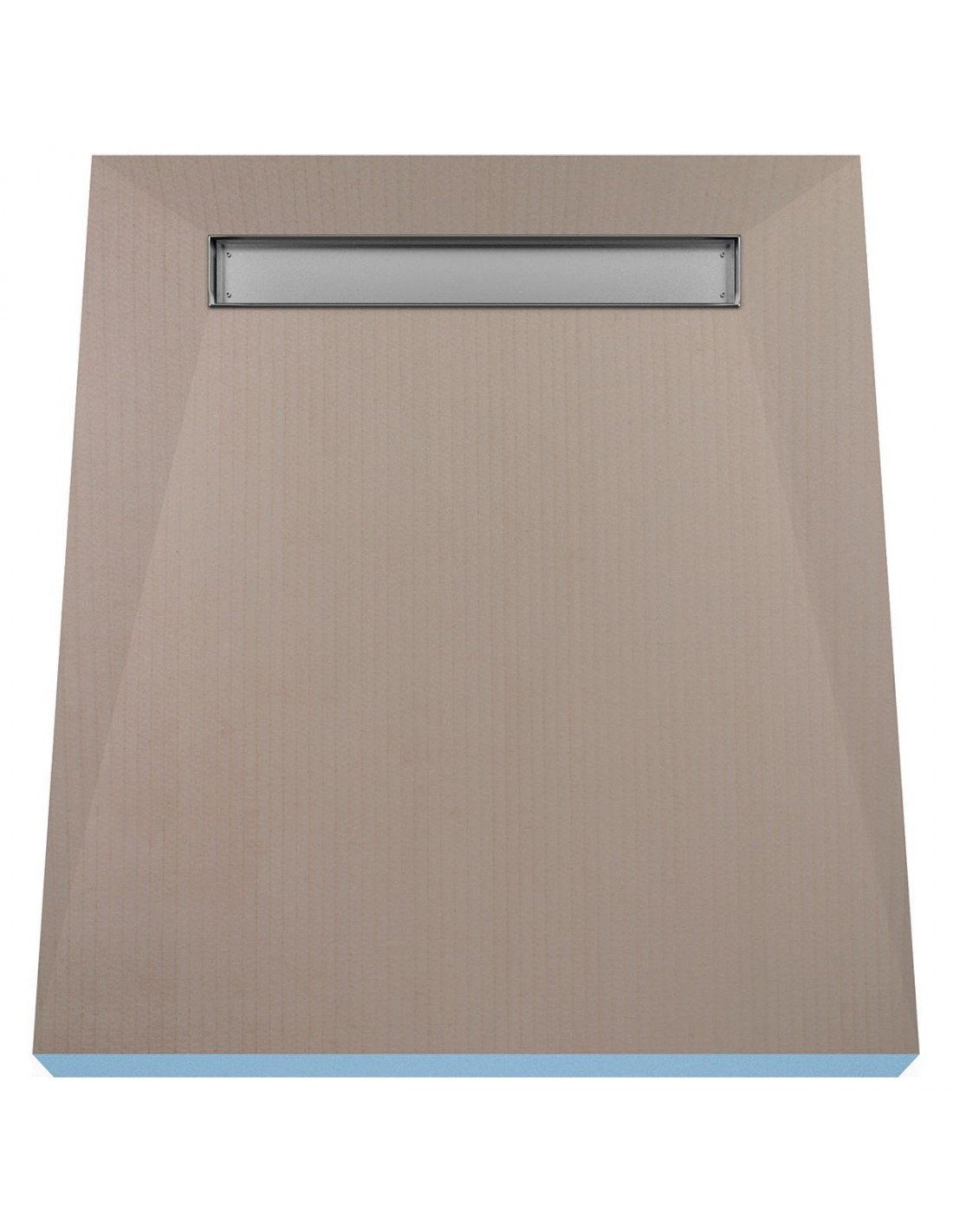- Alex D.
- Shower drains
- 1313 views

During renovation of the bathroom, we devote a lot of time to choosing materials for its finishing. We are looking for colors that will suit us most, thanks to which we will feel cosy and comfortable in it. Okay, but how do we know how many tiles to buy for our bathroom? To properly determine the necessary amount of tiles, several aspects should be taken into account.
As we already know, tiles are the most frequently chosen finishing material for bathrooms. It is hardly surprising - they are durable, easy to maintain, and an unlimited number of colors and patterns makes meet even the most demanding.
How do I want to have tiles laid out?
There are many ways to lay tiles. It depends on your fantasy and the money you wand to spend on it. The most popular of them are: straight (stack bond), stretcher bond and diagonal. The latter method generates the greatest demand for material. In this case, you should add 15% of the required amount, while the first two methods add 10%.
There are also other possibilities for laying tiles, e.g.: basket weave, herringbone, windmill - they are less frequently used, and the number of tiles needed to lay them increases between 5 and 15%.
How much do I need a stock of material?
The smallest stocks require rectangular surfaces. In bathrooms with numerous slants, alcoves or at the door, where it will be necessary to trim tiles, you need to add more spare material. We always buy 10-15% more tiles than the surface. It is assumed that with the classic method of tile placement, you should buy:
- 10% more at an area up to 10 m2,
- 5% more at a surface area of 10 to 50 m2,
- 3% more with an area above 50 m2;
And when it's arranged diagonally:
- 20% more with an area up to 10 m2,
- 10% more at a surface from 10 to 50 m2,
- 5% more with an area above 50 m2.
In addition, it is worth taking into account the greater need of tiles for possible repairs in the future. It happens that the plate will break, chip or scratch which will allow for easy replacement of damaged ones. Usually, after a long time from the purchase of tiles it is difficult to find perfectly matching tiles, because the manufacturers do not guarantee that they will be identical to those previously purchased.
If we want to put decorative elements in our bathroom, such as decors, pedestals, moldings, we should include them in our calculations. Let us consider how many such elements we want to use, and then subtract their surfaces from the total surface of the walls and floor (if there are also decorative elements on it) to which we want to lay the tiles.
What will be the width of the grout?
Rectified tiles are available that allow laying virtually without grouts. This method is usually used with tiles 600 x 600 mm or larger, and for large surfaces that will allow to emphasise the advantages of large-format tiles. In this case, we do not consider joints in the surface calculations.
For the second laying method, the standard joint width is from 1 mm to 8 mm. For those not exceeding 3 mm, the grout is not needed for calculations. If we decide on wider gaps between the tiles, in a room above 15 m2, it is worth calculating the area occupied by the grouts and subtracting it from the one covered by the tiles.
Method I.
We measure the widths of all the walls to be covered with tiles and add them together. Then we multiply by the height at which we will place the tiles. We get the result in square meters. For this we add a reserve from the answers to the above questions and calculate the surface of the walls. We calculate the floor surface the same way, adding stock and subtracting possible joints, decors.
Method II.
If we know the size of one plate, we can calculate the number of tiles in one row on a given wall, and then divide the height to which we intend to arrange them through the width of the tile. In this way, we will get the number of rows that will fill the wall. Multiplying the number obtained by the number of tiles in one row, we get the total number of tiles needed to cover the surface. As in the first case, we add a reserve to the result obtained in this way. We count the number of tiles on the floor the same.



